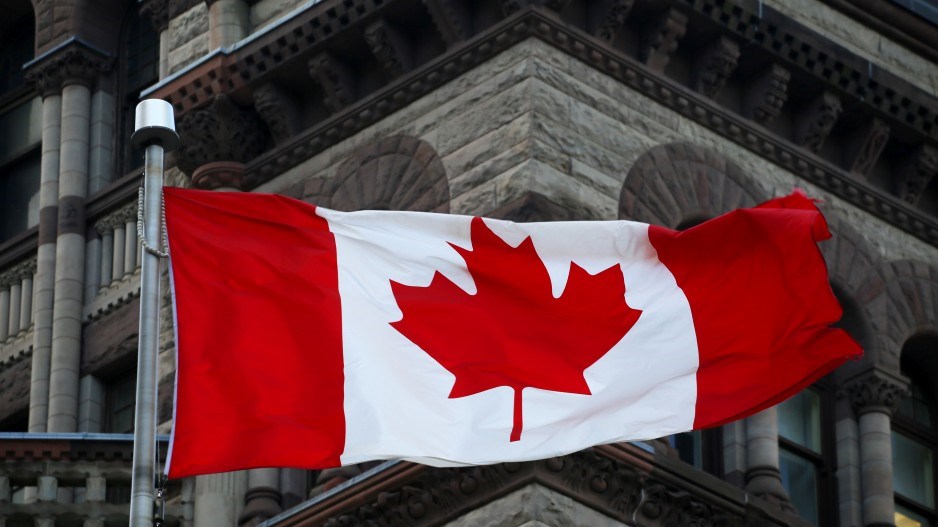A member of the human rights group that exposed networks of overseas Chinese police stations, including one allegedly in Richmond, told a House of Commons committee Monday that Safeguard Defenders researchers were looking for something else.
“We came across the police stations as we were tracking how exactly the Chinese authorities had managed to return, according to their own statements, 230,000 individuals, all through clandestine means, between April 2021 and July 2022 alone,” Laura Harth, campaign director of Safeguard Defenders, testified to the Special Committee on the Canada-People’s Republic of China Relationship.
Safeguard Defenders, based in Spain, gained international headlines for its September report called 110 Overseas, and its December follow-up, Patrol and Persuade. Harth told the committee how her team relied on independently verified, open-source statements from Chinese authorities and state and party media reports. Harth said they also found chatter among dissidents and activists on social media channels.
“How, starting in 2016, public security authorities from four local Chinese jurisdictions with large diaspora communities overseas have established over 100 so-called overseas police service centres in at least 53 countries,” Harth said.
At least five are in Canada. In December, after the follow-up report, the RCMP confirmed a national security investigation of the Wenzhou Friendship Society in Richmond. The RCMP is also investigating alleged overseas Chinese police stations in Toronto and Montreal, which is linked to a municipal councillor from Brossard, Que.
Harth said the stations are part of the Chinese Communist Party’s (CCP) wider United Front “sticks-and-carrots” approach to promoting policies and activities that align with CCP interests and divide CCP critics.
“All these organizations share a direct and demonstrable linkage to the United Front Work Department. Understanding this linkage is fundamental. The United Front is the Communist Party's of China's prime influence agency, which seeks to influence various public and private sector entities outside China, including, but not limited to political, commercial and academic spheres,” Harth said.
She said China’s transnational repression and influence activities need to be publicly denounced and, when necessary, investigated. A foreign agents registry should be part of a wider national strategy, which should include using the Magnitsky law, formally known as the Justice for Victims of Corrupt Foreign Officials Act, to sanction Chinese state institutions and officials. She also suggested promoting people in the diaspora communities that are not linked to the United Front.
“Give them a voice,” she said.
In December, Cpl. Kim Chamberland of the RCMP’s national headquarters, confirmed the Richmond investigation, but declined to provide specifics.
“The RCMP recognizes that Chinese-Canadians are victims of the activity we are investigating,” Chamberland said. “There will be no tolerance for this or any other form of intimidation, harassment, or harmful targeting of diaspora communities or individuals in Canada.”
Also at the Monday committee meeting, Royal Military College of Canada Prof. Christian Leuprecht called Beijing’s espionage and interference program the “single greatest threat to Canada’s democratic way of life,” and said Prime Minister Justin Trudeau’s staunch refusal to convene a public inquiry is jeopardizing Canada’s relationship with its most important ally, the United States.
“The PRC is intent on gaining control of Canadian critical minerals, and is actively running influence campaigns over resource development,” Leuprecht said. “[Spy] balloons and election interference are merely the latest episode in a long list of hostile, hybrid warfare efforts perpetrated by the CCP against Canada."
The Chinese consulate in Vancouver has denied leaked reports from the Canadian Security Intelligence Service about former consul general Tong Xiaoling meddling in federal and Vancouver elections.
“China has always adhered to the principle of non-interference in the internal affairs of other countries and has never interfered in any Canadian elections and has not interested in to do so,” read the March 16 statement on the consulate website.




